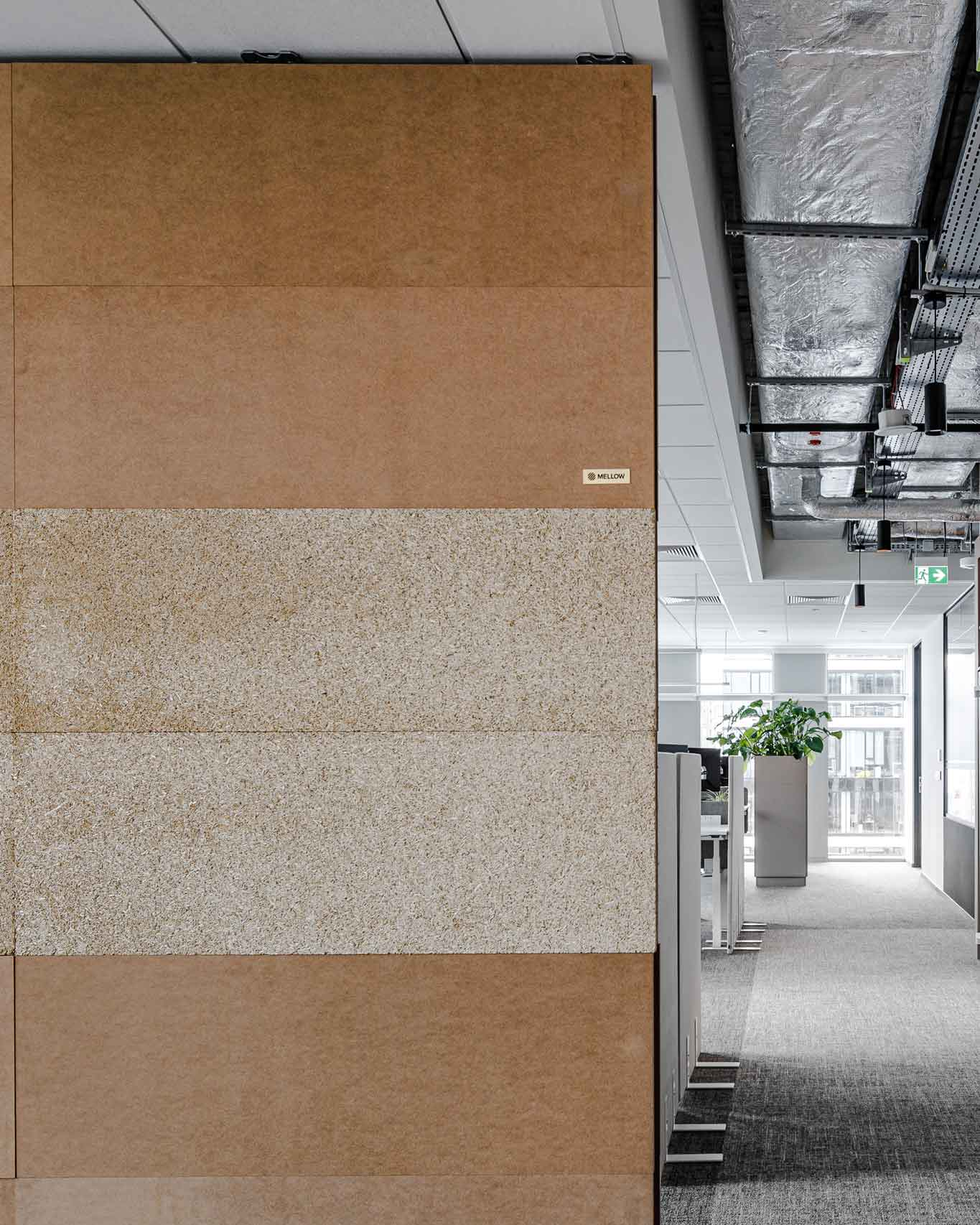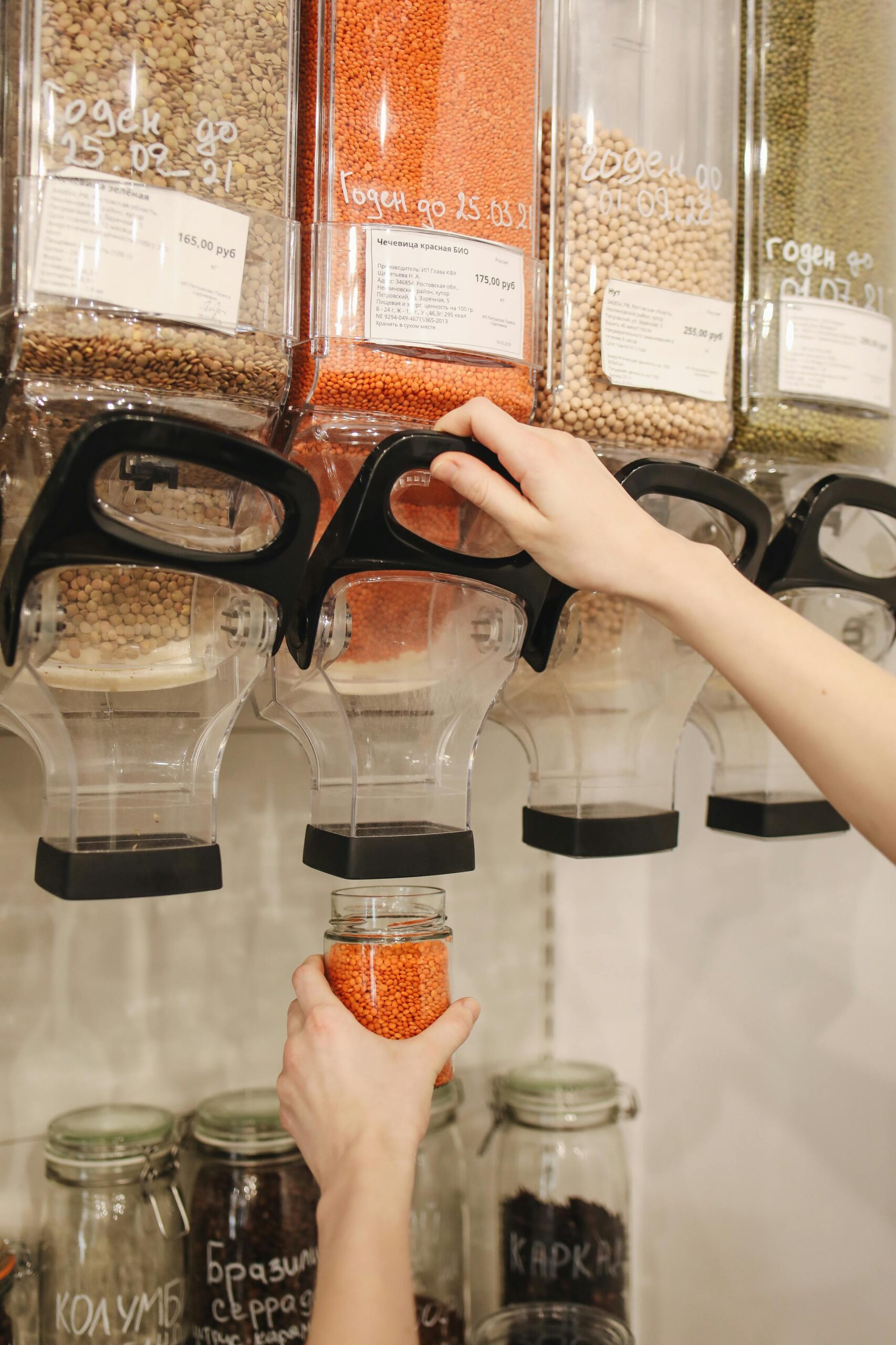
Reducing waste at events
Author: Sofia Eironen
Events, whether they are large conferences, intimate parties, or bustling festivals, have one thing in common: they can produce a lot of waste. From discarded decorations to unfinished meals, the environmental impact of events can be significant. But here’s the good news—there are plenty of ways to reduce waste at events without sacrificing enjoyment or success. Let’s dive into some practical tips and strategies to make your event eco-friendly.
The importance of reducing waste at events
Reducing waste at events isn’t just a trendy or feel-good practice; it’s essential for the health of our planet. Events can generate significant waste, sometimes thousands of tonnes, in the form of single-use plastics, food waste, plastic bottles, paper products and much more. When waste is reduced, events become more sustainable, efficient, and cost-effective, and attendees can enjoy a better experience. Let’s start by understanding the different types of waste events generate.
Types of waste at events
Events produce a variety of waste, including food waste, single-use plastics, paper products, and discarded decorations and furniture. Sometimes, there can be excessive printing of materials, such as brochures or flyers, that end up in the trash.
The waste can have a significant environmental impact, contributing to pollution and the depletion of natural resources. Reducing event waste isn’t just a good environmental practice; it’s also a way to improve the overall experience for attendees.
Be a sustainable host
Hosting a sustainable festival isn’t just about planning; it’s about embodying a commitment to environmental stewardship throughout every aspect of your event. Here’s how you can join the ranks of eco-conscious festivals and make a positive.
Setting clear goals and taking action
Define your festival’s sustainability goals and take concrete actions to achieve them. Whether it’s reducing single-use plastics, minimizing food waste, or promoting eco-friendly transportation options, setting clear objectives will guide your efforts and ensure that all stakeholders are aligned in working towards a more sustainable event. By having well-defined sustainability goals, you can measure progress, make necessary adjustments, and ultimately create a festival that not only entertains but also respects and preserves the environment.
Involving stakeholders
Involve all stakeholders in the planning process, including vendors, staff, and attendees. Make them aware of your goals and enlist their support in achieving them.
Get inspired by existing sustainable festivals
Looking to other festivals for inspiration is a smart move when planning your own sustainable event. Here are a few standout examples that have made significant strides in sustainability:
- Glastonbury Festival, UK: known for its extensive recycling and composting programs.
- Øya Festival, Norway: focuses on renewable energy and local, organic food.
- Boom Festival, Portugal: implements zero-waste strategies and sustainable practices.
- Roskilde Festival, Denmark: prioritizes recycling and sustainable food choices.
By studying the sustainability initiatives of these festivals, you can gather valuable insights and ideas to incorporate into your own event.
Practical Tips for Reducing Waste
Let’s talk about some actionable steps you can take to reduce waste at your event.
Digital communication
Instead of sending paper invitations, opt for digital invitations and communications. This simple switch can drastically reduce paper waste.
Partnering with Sustainable Businesses
Work with vendors and sponsors who prioritize sustainability in their operations. This can include using eco-friendly products and packaging and supporting waste reduction initiatives. Try mellow designs and their sustainable outdoor furniture.
Reducing single-use products
Single-use products, like plastic cutlery and plates, can contribute significantly to waste. Consider alternatives such as reusable or biodegradable options.
Choose pop-up & no-waste furniture
Explore alternatives to traditional furniture options. With mellow designs solution you can build temporary pop-up furniture and structures with euro pallets. Easy set-up, cost efficient and the euro-pallets get returned to their original circulation in logistics after use, which leaves no waste.
Partnering with Sustainable Businesses
Work with vendors and sponsors who prioritize sustainability in their operations. This can include using eco-friendly products and packaging and supporting waste reduction initiatives.
Eco-friendly food management
Catering is a major source of waste at events. Work with caterers who source local and seasonal ingredients or consider embracing the growing trend of meat-free festivals. By offering local or plant-based food you can significantly reduce you event’s carbon footprint.
Composting and recycling
Implement a composting and recycling system for food and beverage waste. Clearly marked bins help attendees sort waste properly.
Waste management during an event
Proper waste management during the event is crucial.
- Providing clearly marked waste stations
- Place clearly marked recycling and compost bins throughout the venue. Make it easy for attendees to dispose of waste responsibly.
- Encouraging attendees to participate
- Engage attendees by informing them about your waste reduction goals and encouraging their participation. Signage and announcements can help guide their behavior.
- Tracking waste
- After the event, it’s important to analyze the waste generated and reflect on your successes and areas for improvement. This can be done by tracking the amount and types of waste generated during the event.
Conclusion
Reducing waste at events is a win-win situation—it benefits the environment and enhances the overall experience for attendees. By planning ahead, involving stakeholders, and implementing practical waste reduction strategies, you can host memorable events that leave a positive impact on the planet.
At mellow we have circular solutions in order to help event planners reduce waste, in regards to outdoor furniture for example. If you’re interested in learning more, book a call below!
Resources:
https://www.wastemanaged.co.uk/our-news/festival/festival-waste-guide/
https://uist.acm.org/uist2019/sustainability/SustainableEventsGuideMay302012FINAL.pdf
https://www.epa.gov/smm/managing-and-reducing-wastes-guide-commercial-buildings
https://www.greenbiz.com/article/step-step-guide-zero-waste-events
Latest ArtiCles


building better with adaptable partition walls

11 Responses
Very interesting subject, appreciate it for putting up.
thank you!
Tereza, team mellow designs
It’s the best time to make some plans for the future and it is time
to be happy. I’ve read this post and if I could
I want to suggest you some interesting things or suggestions.
Perhaps you could write next articles referring to
this article. I desire to read even more things about it!
thank you!
Tereza, team mellow designs
I like what you guys tend to be up too. This kind of clever work and
reporting! Keep up the excellent works guys I’ve added you guys to my personal blogroll.
thank you!
we are happy to hear that! 🙂
Tereza, team mellow designs
Your method of telling everything in this post is truly fastidious, every one can without difficulty know it, Thanks a lot.
thank you!
this means a lot to us! 🙂
Tereza, team mellow designs
I’m not that much of a internet reader to be honest
but your sites really nice, keep it up! I’ll go ahead and bookmark your site to come back later.
All the best
Very interesting subject, regards for putting up.
Extremely decent blog and articles. I am realy extremely glad to visit your blog. Presently I am discovered which I really need. I check your blog regular and attempt to take in something from your blog. Much obliged to you and sitting tight for your new post